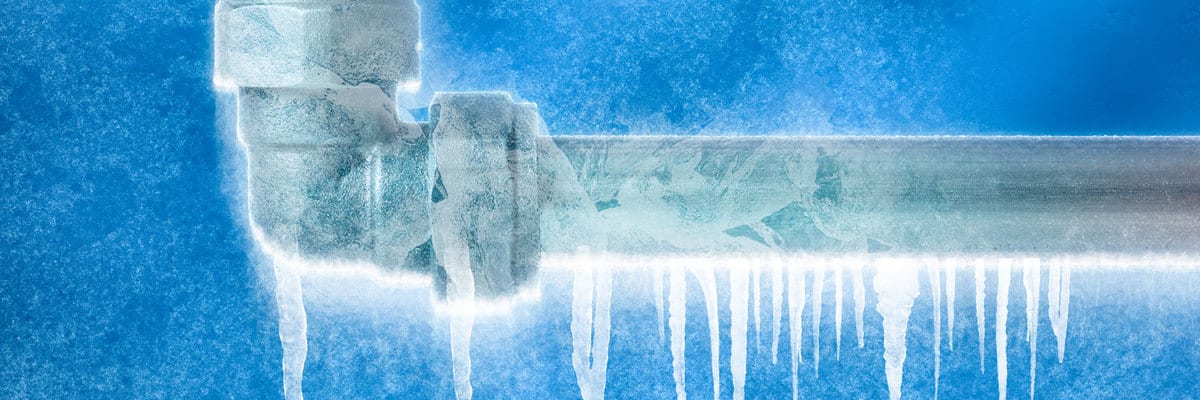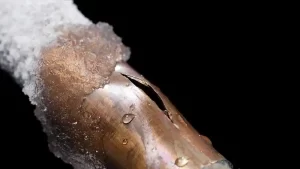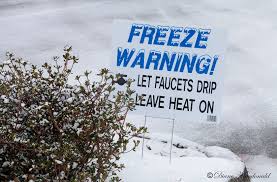
In the cold months, a home’s plumbing becomes vulnerable. As temperatures drop, residual water in the lines can freeze, potentially leading to bursting pipes and other frozen pipe fiascos. It’s crucial for homeowners to recognize the signs of frozen pipes and know when to call a plumber.
Why Do Pipes Freeze?
Even strong pipes can succumb to the powerful force of frozen water. When water freezes, it expands, putting immense pressure on pipes, and potentially causing cracks or bursts. Lack of insulation in areas like crawl spaces and basements can make pipes susceptible to freezing.

Identifying Frozen Pipes
- Reduced water flow from faucets.
- Icy residue or condensation on exposed pipes.
- Unusual sounds like gurgling or banging.
- Sewer smells in the home.
- Cracked pipes due to pressure build-up.
If you notice these signs, it’s time to seek professional plumbing repair.
Avoid Dangerous Thawing Methods
Attempting to quickly thaw pipes with space heaters or hairdryers can be risky. It may lead to cracks, fires, or injuries. Professional plumbers have the right tools and expertise to safely remove ice obstructions.
Prevention is key to avoiding frozen pipe fiascos:
- Drain the swimming pool and sprinkler system lines before winter.
- Insulate vulnerable areas like the attic, crawlspaces, and basement.
- Store outside hoses away from freezing conditions.
- Consult a plumber for pipe insulation recommendations.
- Check for exposed pipes and reroute if needed.
Georgia Winters and Plumbing
Georgia winters, while not extreme, can still lead to frozen pipes. Schedule a plumbing inspection to ensure your pipes are ready for winter. Prevention is the best defense against frozen pipes.

If a pipe does freeze, it’s best to let a professional plumber handle the thawing process. They can also offer solutions to prevent future freezing issues. Your plumbing is safest in the hands of experienced professionals like My Georgia Plumber. Call us at 770-592-0081 for expert assistance.










